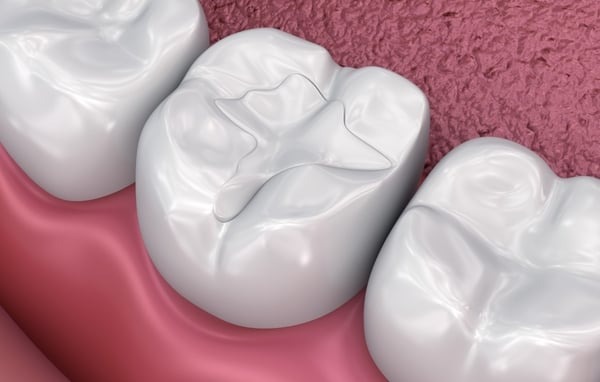Dental Plan: What You Need to Know to Find the Right One
Choosing a dental plan can sometimes feel like navigating a maze. With a myriad of options available, pinpointing the one that best suits your needs requires a bit of know-how. Here’s a guide to help you find a dental plan that not only meets your requirements but also ensures you’re not left out of pocket when you visit the dentist.
Assess Your Dental Health Needs
First things first, consider your current dental health and any anticipated needs in the near future. Do you require basic preventative care like check-ups and cleanings, or are there potential surgeries and orthodontics in your future? Understanding these needs will guide you in selecting a plan that covers more than just the basics if that’s what you require.
Understanding Different Types of Dental Plans
Dental coverage typically comes in several forms—Dental Health Maintenance Organizations (DHMOs), Preferred Provider Organizations (PPOs), and indemnity plans. DHMOs generally offer lower costs but with a limited choice of dentists. PPOs provide more flexibility in choosing a dentist but often come with higher premiums. Indemnity plans allow you to visit any dentist but usually involve higher out-of-pocket costs and a reimbursement model.
Check the List of Network Dentists
For many, the choice of dentist is paramount. Check if your current dentist is covered under the plan’s network. Switching dentists might not be preferable for everyone, so knowing whether your favourite dentist is in-network can be a decisive factor. Moreover, a broad network means more options and easier access to care.
Compare Costs, Not Just Premiums
While premiums are an important part of your dental plan costs, they’re not the only thing to consider. Look into deductibles, co-pays, and co-insurance rates. Some plans might offer lower monthly premiums but have higher out-of-pocket expenses on actual dental visits. Additionally, find out the plan’s annual maximum—a cap on what the insurance pays within one year. This can greatly affect your overall expenses if you need extensive dental work.
Review the Benefits and Exclusions
Go through what procedures are covered and what aren’t. Most plans cover basic preventive care completely but may only partially cover major procedures or not at all. It’s also useful to know the waiting period some plans impose on certain procedures, which could delay your access to some types of care. Be thorough to avoid surprises later.
Consider the Frequency of Coverage Updates
Dental health needs can evolve, so choosing a plan that periodically updates its coverage can provide significant benefits. Certain plans review and revise their benefits annually to align with common dental care advancements and changes in healthcare regulations. This means your plan could potentially start covering more types of treatments or technologies over time, adapting as your needs change.
Look for Family Coverage if Needed
If you’re selecting a dental plan that covers more than just yourself, consider the needs of your family. Children might require different dental care, such as orthodontics, which are not typically needed by adults. Ensure that the plan accommodates the varying needs of all family members. A good family plan can provide comprehensive coverage that makes managing everyone’s dental health simpler and more cost-effective.
Understand the Claims Process
The ease of handling claims should also be a key consideration when choosing a dental plan. Look for plans with straightforward, transparent claim processes. Some plans offer direct billing, which means the dentist bills your insurance company directly, reducing upfront costs and simplifying the payment process. Others might require you to pay upfront and claim reimbursement later, which could affect your budget.
Read Customer Reviews and Ratings
Checking reviews from current or past members of a dental plan can provide insights into how the plan performs in real-world scenarios. Ratings on customer service, ease of claims, and satisfaction with the provided dental care can help you avoid plans with poor service or frequent disputes.
A Word to the Wise
Selecting the right dental plan is crucial not just for maintaining your oral health but also for managing your financial health effectively. Take your time to read through the details of each plan. Use online comparison tools if available, and don’t hesitate to call the insurance companies for clarification on confusing points.
In the modern world, a good dental plan is part of a broader approach to healthcare that recognises the importance of preventive care and considers the long-term benefits and costs. With the right plan, you can ensure that your smile stays bright and your dental bills stay light. The journey to finding the best dental coverage might require some effort, but it’s certainly worth it when you sit in the dentist’s chair without any worries about the bill.




